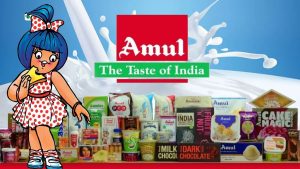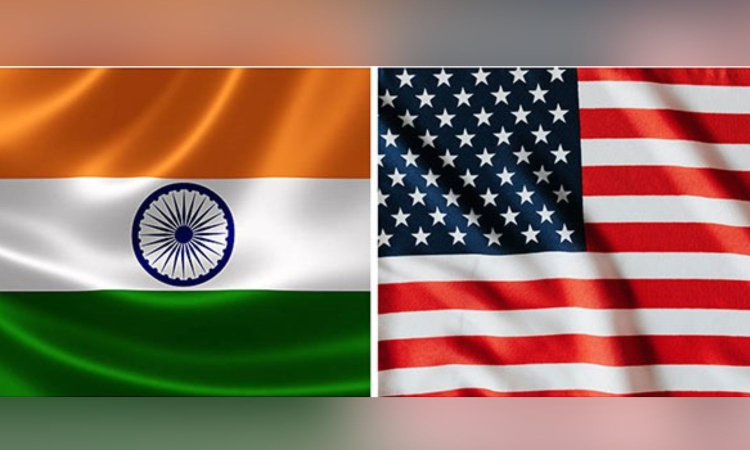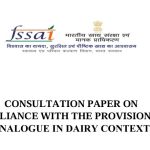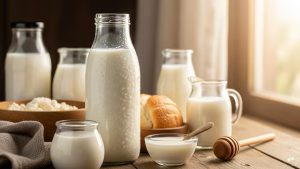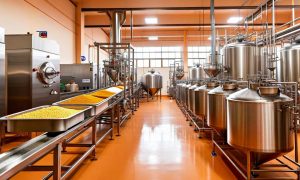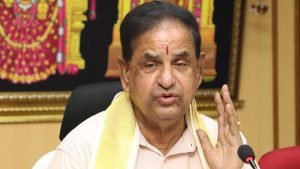Bilateral free-trade agreements are hard to sell to home audiences. Less than a week after India and the UK finalised their Free Trade Agreement (FTA) after three years of negotiations, Narendra Modi and Keir Starmer are being accused of being party to a sellout in their respective countries. The Labour Prime Minister of the UK is being pilloried for making it easier for Indian professionals to work there, while the Indian leader is being criticised for opening up access to India’s vast markets without extracting commensurate concessions from his counterpart.
At first glance, the key provision of the FTA looks good for India: 99% of Indian exports, including textiles, jewellery, and food products, will enter the UK duty-free. But then look again. The UK is a high-income services economy whose existing average tariffs are low at 1.5%, while India’s tariffs are high at an average of about 15%. If both countries lowered their respective barriers to zero, UK exporters would stand to gain substantial market access while Indian exports would be only marginally more competitive than before.
For India, the impact of lowering tariffs for 90% of British goods is likely to be hardest felt by its own liquor, automobile, dairy, medical and cosmetic industries. Tariffs on British whisky, for example, are to be lowered from 150% now to 75% upon ratification, with a further reduction to 40% over ten years. Cheaper British booze is likely to make India’s domestic industry less competitive and also affect revenues earned by the states. Further, the UK’s heavily subsidised dairy sector could, if allowed easier access, undercut Indian farmers. Similarly, Indian auto components manufacturers could be edged out of the market share by higher-tech imports from the UK.
The BJP-led government is likely to say that the increased access gained for Indian IT, medical and legal professionals working in the UK is a big win. But that depends on Old Blighty providing binding commitments on employee mobility, not just marginal relaxations under its points-based immigration system. The current climate in the UK is extremely hostile to any further influx of foreign workers. It remains to be seen how much room for manoeuvre the current Labour government will have.
Another ticklish issue in the FTA concerns intellectual property rights. While the fine print of the FTA is yet to be revealed, this issue can potentially constrain India’s policy autonomy. The UK will likely push for obligatory patent term extensions and data exclusivity, which may present regulatory hurdles to generic drug production in India and challenge its claim to being the “pharmacy of the Global South.”
But the most important issue for India, both in this FTA with the UK as well as the one being negotiated with the US, is the impact lowered tariff and non-tariff barriers will have on Indian agriculture. It’s a sector that provides livelihoods to more than 60 per cent of the population. But it is too unorganised, fragmented and non-competitive to be able to stand up to imported produce from Britain and the US, where farmers are hugely subsidised, mechanised and organised. Yes, the UK is a net food importer, and it can be argued that Indian farmers will benefit from access to that market. But then, they are likely to come up against non-tariff barriers like stringent phytosanitary standards and complex labelling laws. The FTA does not adequately address that issue from India’s point of view.
